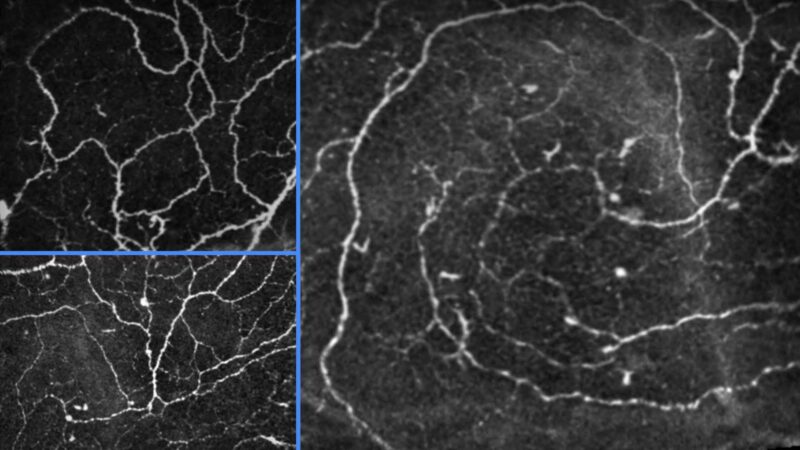BIOMARKERS FOR EARLY SEPSIS DETECTION
With
Dr Gabrielle Briggs
Postdoctoral Researcher and Lab Manager,
School of Medicine and Public Health
The University of Newcastle, New South Wales, Australia
RESEARCHER PROFILE
Filmed in Newcastle, New South Wales, Australia | October 2025
Dr Gabrielle Briggs is a biomedical scientist dedicated to finding smarter, faster ways to diagnose and treat life threatening complications in critically ill patients. Dr Briggs established a research laboratory embedded within the John Hunter Hospital – one of the busiest major trauma centres in NSW. Dr Briggs works alongside surgeons, intensivists, and pathologists to turn complex clinical problems into practical research solutions. Her work spans two major programs: developing a rapid diagnostic test to detect bacterial infections in blood before sepsis takes hold, and exploring mitochondrial transplantation as a novel therapy to rescue injured tissues after trauma and ischaemia.
Dr Briggs has a strong focus on innovation and translation, building close partnerships between the university and the health service to accelerate the movement of new technologies into clinical practice. Gabrielle played a key role in founding the Hunter Medical Research Institute’s Injury and Trauma Research Program and currently serves as its Deputy Director. Gabrielle is also an enthusiastic educator, teaching the next generation of clinicians in the University of Newcastle’s Joint Medical Program.
Source: Supplied
You Might also like
-
Corneal and Ocular Surface Immunology and Regeneration
Assoc Professor Holly Chinnery’s career in ocular immunology began with a focus on animal models; however, it has recently transitioned into clinical imaging studies involving human research participants. The ability to visualise the immune system and sensory nerves in the human cornea represents a significant advantage in corneal immunology and neuroimmunology research.
-
CASE STUDY Link between levels of extracellular vesicles in the blood and tissue damage caused by diseases
A landmark study led by WEHI and La Trobe University has found a potential new diagnostic marker that could be used to better detect the level of tissue damage in our bodies.
This study revealed, for the first time, a link between levels of EVs in the blood and tissue damage caused by diseases such as leukaemia.
Researchers hope to leverage the critical new insight to develop a blood test to monitor cancer patients with tissue damage, which could, in future, enhance treatment strategies for blood cancers and other diseases.
-
Patient reported outcomes in the diagnosis and treatment of lymphoma
Dr. Elizabeth Goodall (BMedSci Hons, MBBS Hons, FRACP, FRCPA) is a PhD student and early career researcher with La Trobe University and the Olivia Newton John Cancer Research Institute (ONJCRI), and Haematologist at Austin Health and Monash Health, Melbourne.
Her specific interest in how patients experience their illness and treatment forms the basis for her research in improving patient outcomes. This research comes at a pivotal time in modern lymphoma management with an ever-increasing number of treatment options available and renewed focus on each patient’s journey.

 https://orcid.org/0000-0002-9117-4772
https://orcid.org/0000-0002-9117-4772


